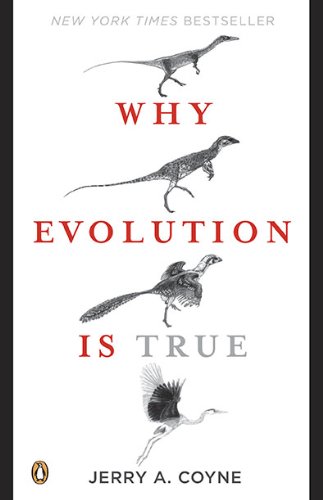Examples of Species Evolved through Human Artificial Selection
The dog can stand for the success of other breeding programs. As Darwin noted in The Origin, “Breeders habitually speak of an animal’s organization as something quite plastic, which they can model almost as they please.” Cows, sheep, pigs, flowers, vegetables, and so on—all came from humans choosing variants present in wild ancestors, or variants that arose by mutation during domestication. Through selection, the svelte wild turkey has become our docile, meaty, and virtually tasteless Thanksgiving monster, with breasts so large that male domestic turkeys can no longer mount females, who must instead be artificially inseminated. Darwin himself bred pigeons, and described the huge variety of behaviors and appearance of different breeds, all selected from the ancestral rock dove. You wouldn’t recognize the ancestor of our ear of corn, which was an inconspicuous grass. The ancestral tomato weighed only a few grams, but has now been bred into a 2-pound behemoth (also tasteless) with a long shelf life. The wild cabbage has given rise to five different vegetables: broccoli, domestic cabbage, kohlrabi, Brussels sprouts, and cauliflower, each selected to modify a different part of the plant (broccoli, for example, is simply a tight, enlarged cluster of flowers). And the domestication of all wild crop plants occurred within last 12,000 years.
Notes:
Turkeys, corn, broccoli, tomatoes, etc, etc, all bred from wild species into their modern domesticated forms.
Folksonomies: evolution breeding artificial selection
Taxonomies:
/science/biology/breeding (0.531914)
/food and drink (0.365346)
/business and industrial/agriculture and forestry/crops and seed (0.359256)
Keywords:
Artificial Selection Turkeys (0.993286 (neutral:0.000000)), modern domesticated forms (0.967804 (neutral:0.000000)), male domestic turkeys (0.914448 (neutral:0.000000)), ancestral rock dove (0.858761 (neutral:0.000000)), long shelf life (0.849172 (neutral:0.000000)), wild crop plants (0.848202 (negative:-0.296327)), (broccoli, for example, is simply a tight, enlarged cluster of flowers). (0.746153 (neutral:0.000000)), Species Evolved (0.705376 (neutral:0.000000)), wild species (0.696525 (neutral:0.000000)), inconspicuous grass (0.694037 (neutral:0.000000)), breeding programs (0.693832 (positive:0.572877)), wild cabbage (0.692390 (negative:-0.492469)), 2-pound behemoth (0.679683 (neutral:0.000000)), domestic cabbage (0.670869 (negative:-0.263375)), wild ancestors (0.670720 (neutral:0.000000)), enlarged cluster (0.665312 (neutral:0.000000)), ancestral tomato (0.662963 (neutral:0.000000)), huge variety (0.659866 (neutral:0.000000)), different vegetables (0.650129 (neutral:0.000000)), different breeds (0.647049 (neutral:0.000000)), domestication (0.548008 (negative:-0.254121)), Darwin (0.516901 (negative:-0.244304)), corn (0.512439 (neutral:0.000000)), variants (0.495497 (neutral:0.000000)), flowers (0.484059 (neutral:0.000000)), kohlrabi (0.477811 (neutral:0.000000)), meaty (0.476004 (positive:0.280784)), cauliflower (0.467034 (neutral:0.000000)), sprouts (0.465238 (neutral:0.000000)), breasts (0.464784 (neutral:0.000000))
Entities:
Darwin:OperatingSystem (0.918434 (negative:-0.244304)), Thanksgiving:Holiday (0.574739 (positive:0.442900)), Brussels:City (0.537687 (neutral:0.000000)), 12,000 years:Quantity (0.537687 (neutral:0.000000)), 2-pound:Quantity (0.537687 (neutral:0.000000))
Concepts:
Broccoli (0.981231): dbpedia | freebase
Brassica oleracea (0.890295): dbpedia | freebase
Cabbage (0.873052): website | dbpedia | freebase
Maize (0.722759): dbpedia | freebase
Natural selection (0.710089): dbpedia | freebase
Brussels sprout (0.700164): dbpedia | freebase | opencyc
Selective breeding (0.657375): dbpedia | freebase
Evolution (0.615129): dbpedia | freebase | opencyc





